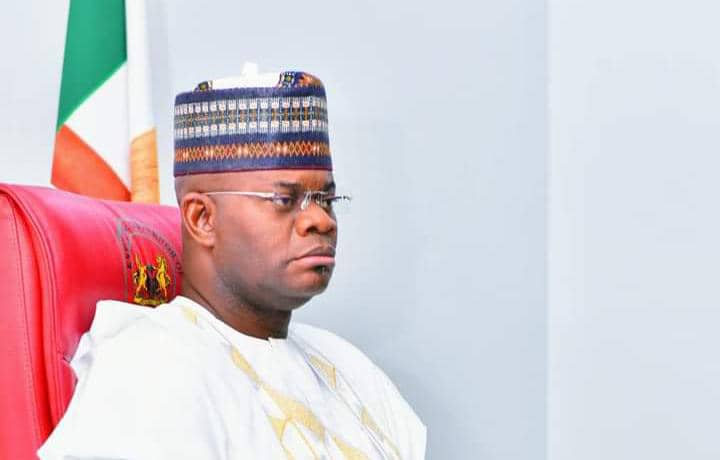The trial of former Kogi State Governor, Yahaya Bello, on charges of money laundering amounting to ₦80.2 billion took a significant turn with the defendant’s application for the release of his international passport. Bello, through his lead counsel, J.B. Daudu (SAN), pleaded with the Federal High Court in Abuja to grant him permission to travel abroad for essential medical check-ups. Daudu emphasized Bello’s pressing medical needs and the fact that he hadn’t traveled in eight years, highlighting the importance of addressing specific health concerns during the court’s vacation period. This request, however, was met with resistance from the prosecution, led by Kemi Pinheiro (SAN), who argued that the application was technically flawed and constituted an abuse of court process, citing a similar application previously filed at the FCT High Court.
The courtroom drama intensified as both legal teams traded accusations of abusing court processes. Daudu countered Pinheiro’s claim, asserting that the prosecution was the one guilty of such abuse. He pointed to the late service of the counter-affidavit, which prompted his team to file a further affidavit overnight, complete with supporting exhibits, to address the prosecution’s arguments. This rapid exchange of legal documents underscores the high stakes involved in the case and the determination of both sides to vigorously pursue their respective objectives. The central point of contention remained Bello’s right to travel for medical reasons, balanced against the prosecution’s concerns about potential flight risk and the ongoing legal proceedings.
Adding another layer of complexity to the proceedings was the testimony of the fourth prosecution witness, Mshelia Arhyel Bata, a compliance officer with Zenith Bank. Bata refuted earlier allegations, purportedly raised by the EFCC, of harassment by Bello’s security aides. The EFCC’s observation about Bata’s alleged harassment was met with skepticism by Daudu, who vouched for his client’s peaceful nature and promised to investigate the matter. The judge, taking the allegation seriously, instructed Daudu to conduct a thorough investigation and report back to the court. Bata’s subsequent clarification, denying any harassment, and his insistence on setting the record straight further muddied the waters, raising questions about the source and veracity of the initial harassment claim.
The issue of alleged harassment took an unexpected turn when the defense drew the judge’s attention to an EFCC website report echoing the claim. The defense also accused the EFCC of misrepresenting the previous day’s court proceedings. In response, Pinheiro assured the court that he would convey the defense’s concerns to the EFCC. This incident highlighted the potential for external influences, such as media reports and online publications, to impact the perception and proceedings of the court case. It also emphasized the importance of accurate reporting and responsible communication in sensitive legal matters.
A crucial development in the trial unfolded during Bata’s cross-examination. He confirmed, under oath, that Bello was neither a signatory to nor a beneficiary of any of the transactions in the accounts presented as evidence. This testimony seemingly dealt a blow to the prosecution’s case, as it directly challenged the core allegation of Bello’s involvement in the alleged money laundering scheme. Bata’s detailed examination of Exhibit 22A, spanning pages 24 to 413, further solidified his assertion, leaving no doubt about Bello’s absence from the documented transactions. This development placed the prosecution in a potentially precarious position, requiring them to reassess their strategy and evidence in light of Bata’s testimony.
Bata’s testimony extended beyond Bello’s direct involvement, shedding light on the broader financial operations of the Kogi State Government House Administration. He identified the authorized signatories to the accounts, their designations, and the procedures followed for replacing key officials. While the prosecution raised objections to some of the defense’s questions, arguing that Bata’s testimony should be confined to the provided documents, the judge overruled these objections, acknowledging Bata’s expertise and allowing him to provide context and clarification. The admission of the Kogi State Government House Administration’s account statements as evidence, coupled with Bata’s testimony, provided a clearer picture of the financial landscape during Bello’s tenure. Ultimately, Justice Nwite adjourned the case, setting dates for the continuation of the trial and the ruling on Bello’s travel application. This adjournment provided both the prosecution and defense with time to regroup, analyze the evidence presented, and prepare their strategies for the upcoming proceedings.


